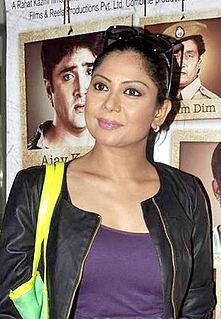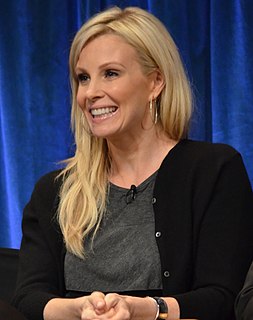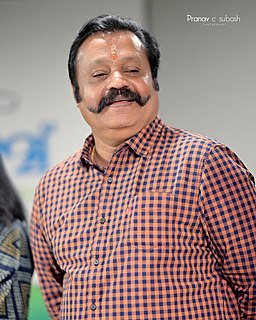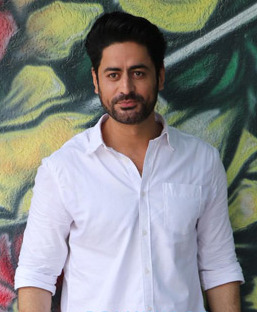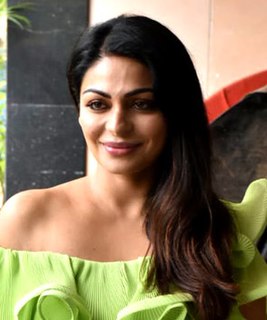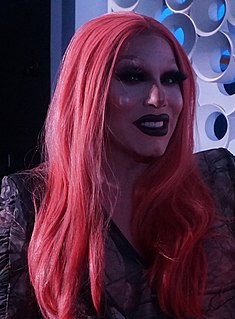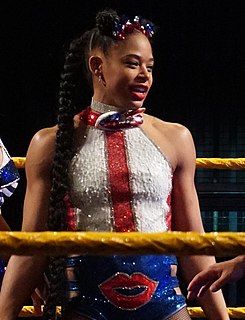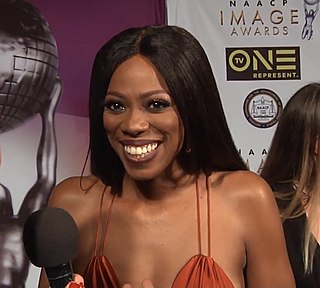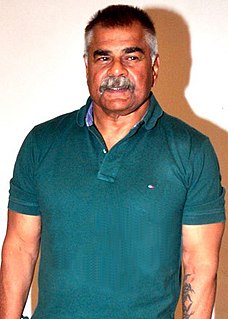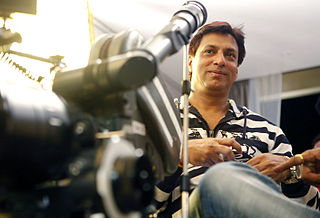A Quote by Manini Mishra
TV is a medium with a wide reach and viewers consider actors role models. Hence, one must realize the responsibility of portraying a certain character.
Related Quotes
There's an inherent responsibility actors feel when portraying something that actually exists in the world. It's arguably something that not all actors would agree on because this is a craft, but for me, it's the emotion of what a character is going through that makes the performance what it is. We have a responsibility to bring those emotions to light.
I don't see myself as one type of actor. When you get one role, you start to get cast in that role for awhile because that's what people have seen you do, and have hopefully seen you do it successfully. And so, it becomes an easier thing to see you as, for casting directors and directors, and they start to think of you as that particular person or type of character. But, for me, I'm just an actor, first and foremost. The actors I respect are the real character actors, who are the real chameleon actors that completely change from role to role.
A lifestyle involves a cluster of habits and orientations, and hence has a certain unity - important to a continuing sense of ontological security - that connects options in a more or less ordered pattern. (...) [T]he selection or creation of lifestyles is influenced by group pressures and the visibility of role models, as well as by socioeconomic circumstances.
Let's face it: Most of us don't realize it, but we are failing our kids as reading role models. The best role models are in the home: brothers, fathers, grandfathers; mothers, sisters, grandmothers. Moms and dads, it's important that your kids see you reading. Not just books - reading the newspaper is good, too.
